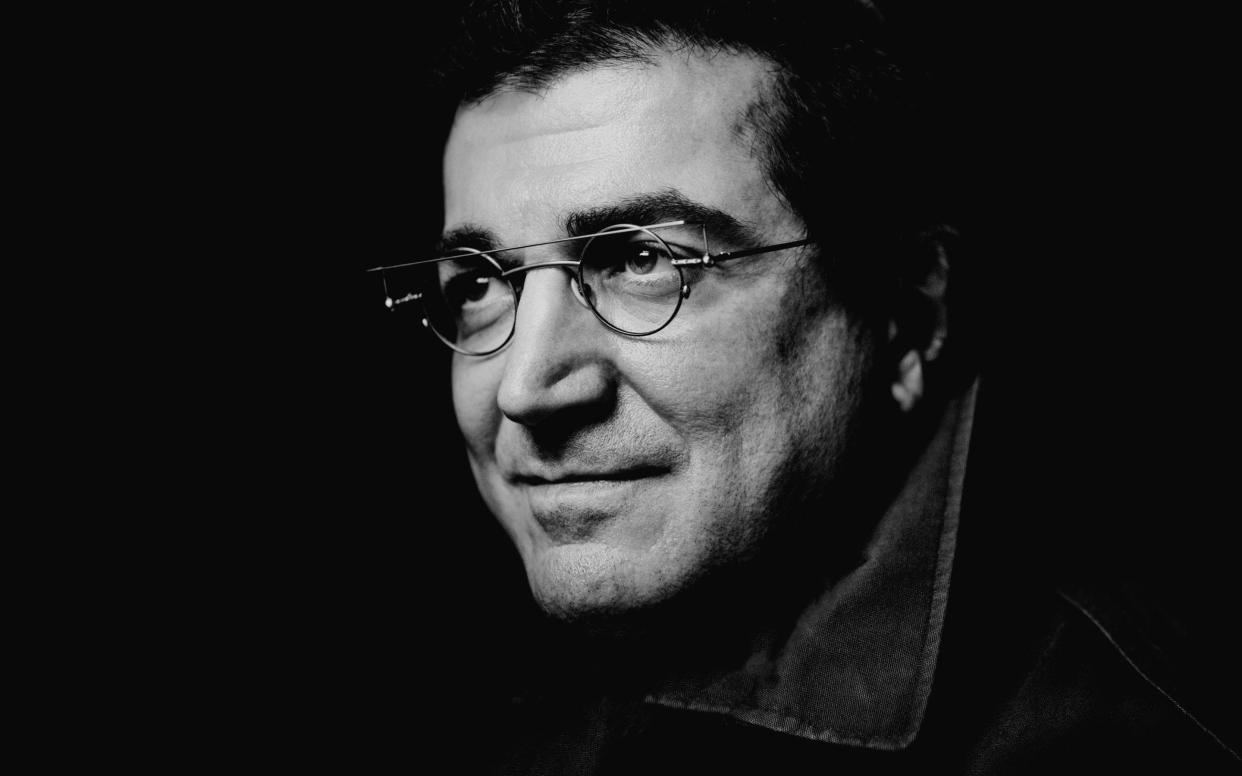Sergei Babayan, Rachmaninov Préludes, review: dazzling finger-work and exquisite control

59-year-old Armenian Sergei Babayan is one of those pianists who win competitions by the handful, impress everyone but never quite makes it to the big time. Until now that is. Two years ago he was signed up at the ripe old age of 57 by Deutsche Grammophon, the most prestigious classical label, in defiance of the general trend to snap up the next good-looking youngster.
What brought on this sudden realisation? Possibly the spectacular rise of Babayan’s star pupil Daniil Trifonov, whom he taught at the Cleveland Institute for some six years. The two gave a two-piano recital at the Wigmore Hall, and in 2015 Babayan gave a notably measured, unflashy performance of Prokofiev’s 2nd Piano Concerto at the same venue. People began to notice the self-effacing Armenian. For his label debut DG partnered him with Martha Argerich for a wonderful disc for Prokofiev transcriptions.
Now comes a solo disc of Rachmaninov solo pieces, which is quite something – provided you take it in small doses. A problem with the disc is that there are too many short pieces alongside genuinely substantial ones, and despite Babayan’s careful planning of the music in terms of key-centre (this sort of detail matters to him) the overall impression is short-winded and jumpy. But there’s no doubt this is playing of a very high order, just in terms of controlling the piano sound. In the D major Prelude Babayan separates out the trickling right-hand figuration from the melody below just enough to let us savour both, without disturbing the sonorous haze. The C minor Étude-Tableau from the Opus 39 is brilliantly clear and builds to a terrifically incisive ending.
It’s the larger-scale pieces such as the Étude-Tableaux which are most impressive, particularly the A minor one from the same set, where the music’s doom-laden rise through successively higher keys takes on a dank Edgar-Allan-Poeish grandeur. If Babayan has a fault it’s that sometimes his focus on exquisite control and dazzling finger-work hampers the music’s natural emotional amplitude. The Prelude in F minor is impressively fast but hardly furious, and the middle section from the C minor Étude-Tableau from the earlier Op 33 set isn’t as lyrically expansive as it could be. But these are quibbles. This is overall a really fine disc, which shows a real insight into Rachmaninov’s melancholy Slavic soul.
Rachmaninov: Préludes, Études-Tableaux, Moments musicaux is released by Deutsche Grammophon


